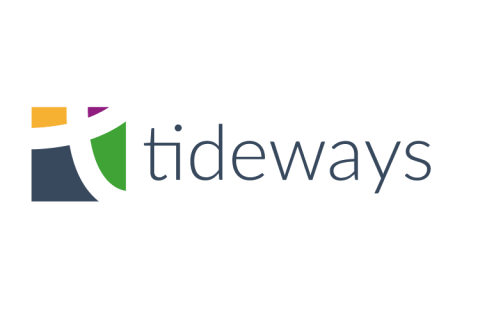A New and Improved Application History
Tideways history functionality is still mostly based on the features available 4 years ago, before we introduced Services and Environments, Downstream Layers and many others. Time for a redesign of the history to include support for all the features and data that are available now. By using the UI elements from the performance overview our we also introduce a familiar look and feel, where the previous history screen used its own widgets.











